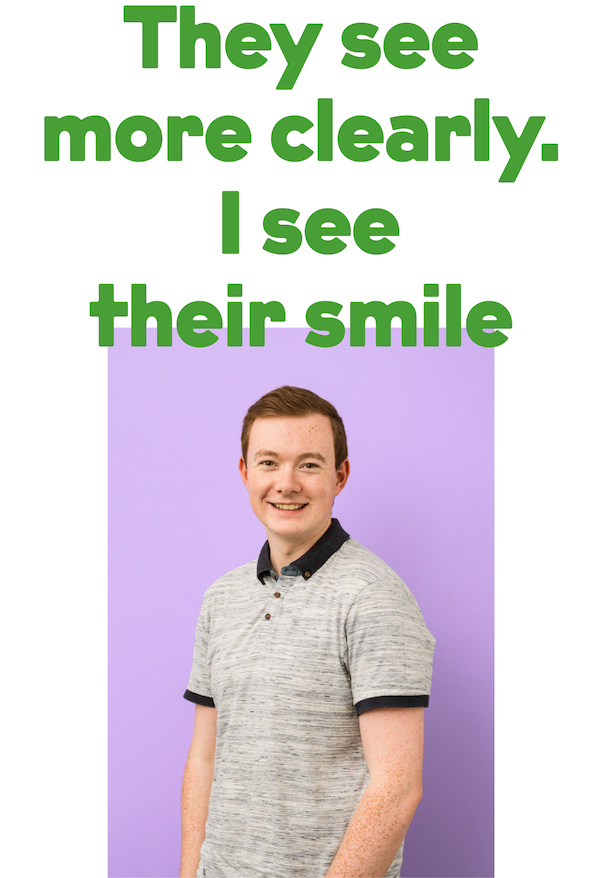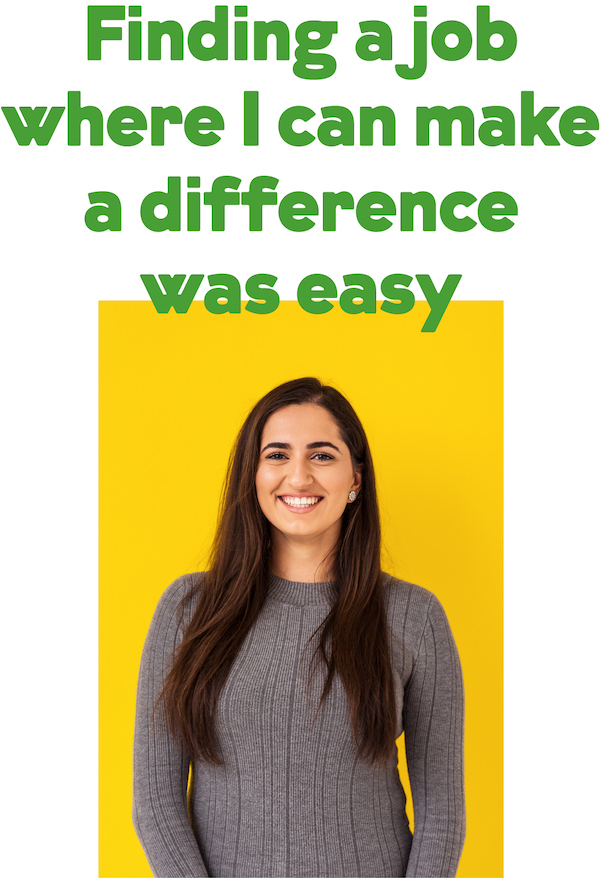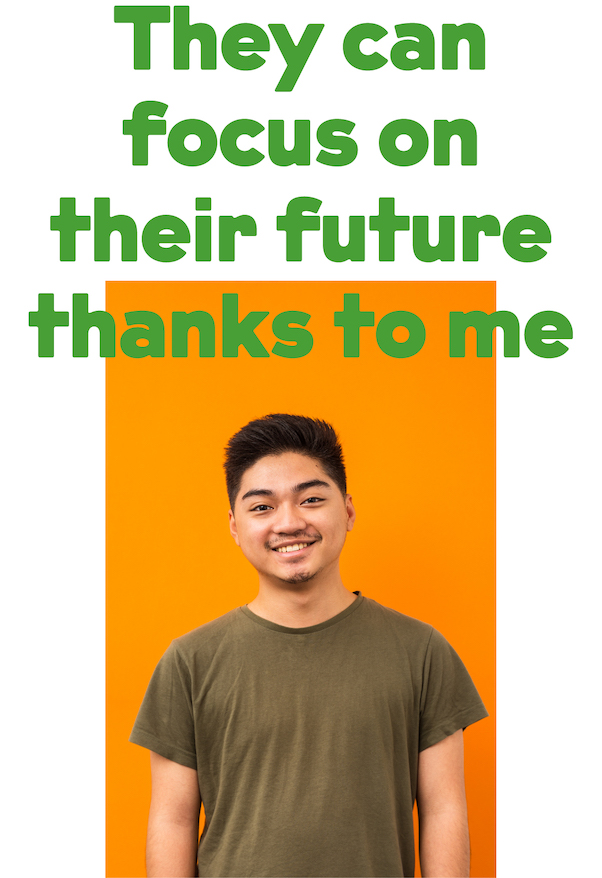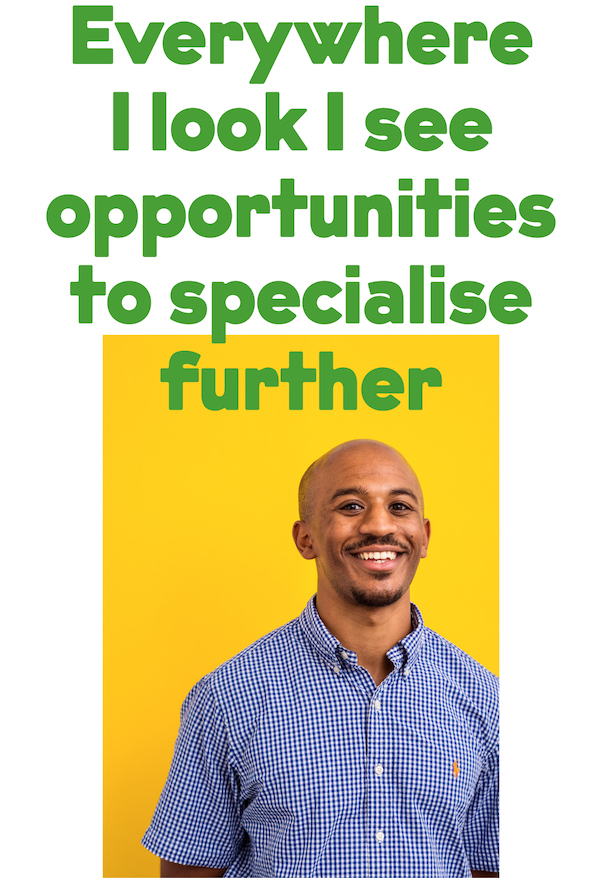Double vision is stopping one patient from driving, working, even making a cup of tea. A baby is born with a cataract that could affect their vision for life if no one diagnoses it in time. Another young patient has one eye that turns, affecting both their vision and the way the other children treat them at school.
As an orthoptist, you could help them all.
What does an orthoptist do?→
An orthoptist diagnoses and treats problems affecting how eye structures develop and how the brain controls eye movements. This can involve the muscles around the eye, the nerves connecting the eye and brain, or the cells that make vision develop.
Problems an orthoptist might treat include double vision, reduced vision and eyes that turn or squint, among others. They can offer a range of treatment and therapies, including eye patches, eye exercises, prisms and glasses.
Most orthoptists are based in hospitals, but they often do work in schools and community clinics. Hospital eyecare teams, stroke teams, and special educational needs teams all include orthoptists.
What’s the work like?→
- An orthoptist is part of a team, but works autonomously, making their own decisions about how to treat patients.
- An orthoptist treats a wide variety of patients, including both children and adults, people who have difficulty communicating, and people with disorders of the brain that affect their vision.
- Orthoptics offers lots of opportunities to extend and specialise your role and responsibilities.
- Orthoptists work to suit patients’ needs, but their hours are planned – they rarely have to be on call.
- A career in orthoptics pays well, with excellent job prospects.
What makes a good orthoptist?→
- Caring. Wanting to help people, to relieve their pain and strain and help them live healthier and more independent lives, is the most important quality you need to study and work as an orthoptist.
- Interest in eyesight. Orthoptics students study the way the brain controls the eyes, the development of eyesight and visual function. If that’s already something that fascinates you, you’re sure to enjoy the course.










